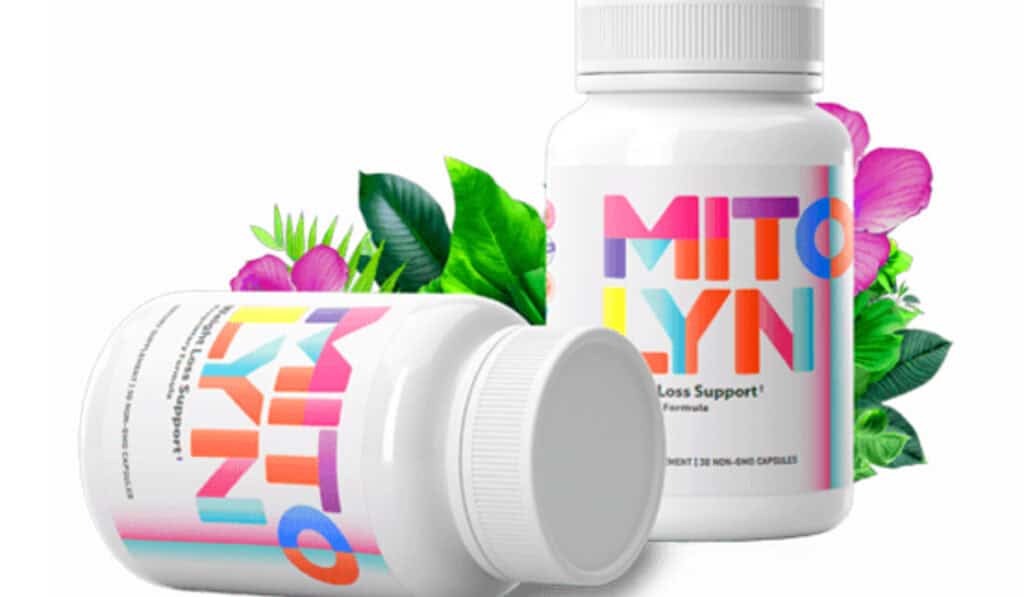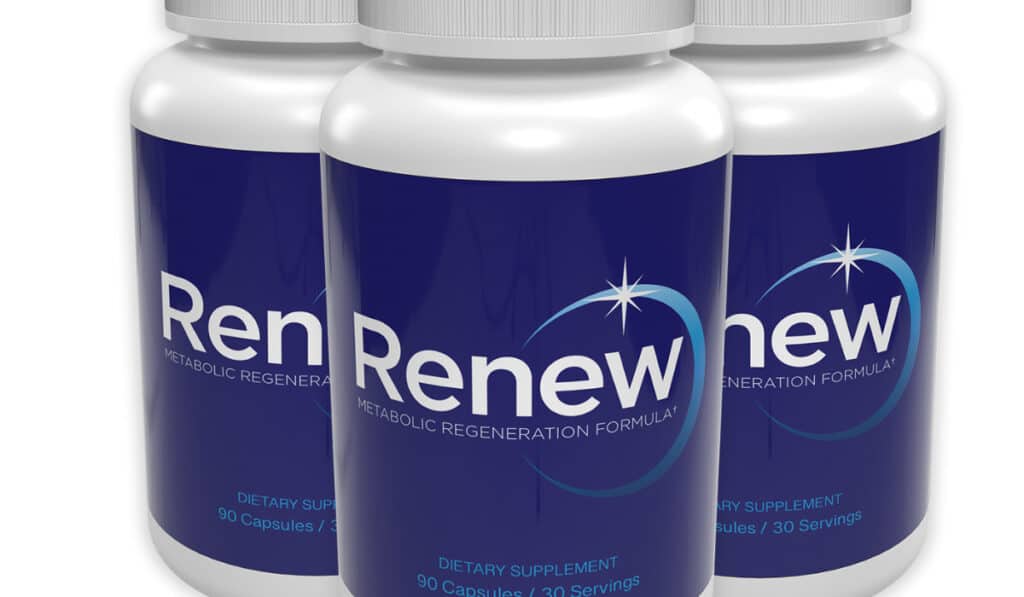How Your Body Burns Fat – Unlocking the Secrets
Have you ever wondered how your body manages to burn fat? It all comes down to metabolism, a complex process that transforms what you eat and drink into energy. Even when you’re at rest, your body needs energy for all its hidden functions, such as breathing and repairing cells. Metabolism is the magical process that keeps you going, using calories from food to fuel these activities.
Your metabolism’s effectiveness in burning fat is influenced by several factors, including your genetic makeup, age, and lifestyle. But don’t worry, regardless of these factors, there are still plenty of ways to boost your body’s ability to burn fat. Keep reading to unlock the secrets of metabolism and discover how to make it work in your favor.
Exploring the Fundamentals of Metabolism and Fat Loss
At its core, metabolism is about the balance between the calories you consume and the calories your body uses. To lose fat, you need to create a calorie deficit, meaning you use more calories than you take in. This signals your body to start burning stored fat for energy, leading to fat loss.
Understanding Different Types of Body Fat
The human body has different types of fat, stored in various places. Subcutaneous fat is found just under the skin, while visceral fat is stored around internal organs. Both types play roles in your health, but too much visceral fat can increase health risks, like cardiovascular disease. Balancing energy intake and expenditure helps in maintaining a healthy amount of body fat.
The Role of Brown Fat in Heat Production and Energy Expenditure
Brown fat is unique because it burns calories to generate heat and help maintain body temperature, making it a valuable source of energy. When you’re exposed to cold or during certain physical activities, brown fat kicks into gear, using stored fat as fuel. This process not only helps keep you warm but also aids in weight management by increasing energy expenditure.
How Fat Serves as Vital Energy Storage
Your body stores excess energy as fat in adipose tissue, which acts as a reserve source of energy for times when food is scarce. These fat stores are tapped into during physical activities or when the body needs more energy than what’s available from recent meals. This system ensures you have energy available whenever you need it, highlighting the importance of fat in energy storage and usage.
The Journey of a Fat Cell: From Storage to Energy
When your body needs energy, it turns to fat stores, breaking down fat cells into usable energy. This process ensures that you always have fuel available, whether you’re running a marathon or simply going about your daily activities. It’s a fascinating journey from storage to energy that happens in your body every day.
Key Mechanisms Behind Fat Burning
The key to fat burning lies in how efficiently your body burns through calories. A faster metabolism means more calories burned, even at rest. Understanding and enhancing these mechanisms can help you maximize fat loss.
Lipolysis: The Initial Step in Fat Breakdown
Lipolysis is the process where fat is stored in your body and is broken down into fatty acids and glycerol, which are then used for energy. This happens when your body needs energy, pulling from fat storage to support functions like keeping your internal organs running. It’s the first crucial step in converting fat into a form your body can use.
The Crucial Roles of Hormones in Metabolism
Hormones play a significant role in managing blood sugar levels and determining whether fat is stored or used for energy. By understanding these hormonal effects, you can better manage your body’s fat storage and usage.
Insulin and Glucagon: Balancing Blood Sugar and Fat Usage
In the human body, insulin and glucagon work together to maintain energy balance. Insulin promotes the storage of fat and sugar, while glucagon encourages the body to release stored sugar and fat for energy. This balance is crucial for managing body weight and energy levels. Too much insulin, for example, can lead to increased visceral fat storage, raising health risks. Staying active and maintaining a healthy diet helps keep these hormones in balance.
The Impact of Stress and Cortisol on Fat Storage
Stress triggers the release of cortisol, a hormone that can lead to increased fat storage, especially in the abdominal area. While some stress is normal, chronic stress can disrupt your hormonal balance, making it harder to lose fat. Finding ways to manage stress, such as through exercise or relaxation techniques, can help minimize its impact on your fat storage and overall health.
Transport and Oxidation: How Fat Becomes Fuel
Once fat is broken down through lipolysis, it splits into fatty acids and glycerol, which then travel to muscle cells. Here, they undergo oxidation, a process that transforms them into energy. This is how your body turns fat into fuel, powering everything from your morning jog to simply breathing.
Factors That Influence Your Body’s Fat Burning Efficiency
Your ability to burn fat is influenced by a variety of factors. Diet and exercise are key; they help create a caloric deficit, reducing caloric intake and boosting metabolism. Strength training and high-intensity interval training (HIIT) are especially effective, as they promote fat burning and increase muscle mass. Your genetic predisposition also plays a role, affecting how your body processes calories and stores fat. Understanding these elements can help in weight management and effective fat loss.
How Does Body Mass Index Correlate With Excess Fat?
Body Mass Index (BMI) is a tool that measures body fat based on your weight and height. While it’s a useful general guide, it does not directly measure body fat. Therefore, two people with the same BMI might have different amounts of body fat. It’s important to consider other factors, like muscle mass, for a fuller picture of health.
The Surprising Influence of Sleep and Stress on Weight Gain
Lack of sleep and high stress levels can seriously impact your body’s ability to burn fat. When you’re stressed or not getting enough rest, your body releases hormones that can lead to weight gain. Managing stress and ensuring you get plenty of sleep are crucial steps in maintaining a healthy weight.
Dietary Impacts on Metabolism: Macronutrients and Micronutrients
Your diet plays a huge role in how effectively your body burns fat. Consuming healthy fats can actually help boost your metabolism, while too many saturated fats can slow it down. Balancing your intake of macronutrients and micronutrients supports internal and external bodily functions, optimizing your metabolism.
Debunking Common Myths About Fat Burning
Many people believe that certain diets and regular fat-burning supplements can quickly boost metabolism and promote sustainable weight loss. However, the truth is that a healthy diet and consistent exercise are the most reliable ways to burn fat and maintain weight loss. Supplements alone cannot replace the benefits of diet and exercise.
The Truth About Fat Burning Supplements and “Quick Fixes”
Despite the appealing claims of fat-burning supplements, there’s no magic solution for weight loss. Your body’s natural metabolism is most effectively influenced through a balanced diet and regular exercise. Relying on quick fixes can lead to disappointment and may not offer the long-term results you seek.
Why Exercise If I’m Not Losing Weight? Understanding the Role of Physical Activity
Even if the scale doesn’t budge, exercising is crucial for health. Regular physical activity, including at least 30 minutes of strength training, helps you burn more calories and build muscle, which can boost your metabolism over time. It’s important for overall health, not just weight loss.
Enhancing Your Metabolism Through Diet and Lifestyle
Improving your metabolism involves a combination of diet and lifestyle changes. Reducing caloric intake and incorporating foods that are known to enhance metabolism can help in burning fat more efficiently. It’s about creating a sustainable approach that includes healthy eating habits and regular physical activity.
Fat-Burning Foods: Myths vs. Reality
While certain foods are touted as fat-burning miracles, the reality is more complex. No food can directly cause fat loss, but some can support metabolic health and help in creating a caloric deficit. A balanced diet rich in whole foods is key to enhancing your metabolism.
The Importance of Hydration and Toxin Removal in Weight Loss
Staying hydrated is essential for your body’s ability to burn fat. Drinking plenty of water helps flush toxins from your body and keeps your metabolism running smoothly. It also aids in digestion and can help prevent overeating by making you feel full.
Practical Tips for Optimizing Fat Burning
To optimize your body’s ability to burn fat, focus on a balanced diet rich in lean proteins, healthy fats, and avoid processed foods high in saturated fats. Incorporate regular exercise, including strength training, into your routine and aim for adequate sleep each night, as lack of sleep can disrupt your hormones and metabolism. Drinking plenty of water also supports metabolism and overall health, promoting fat loss and sustainable weight management.
Personalizing Your Weight Loss Strategy
Effective weight loss is not one-size-fits-all. Tailoring your approach to fit your lifestyle, preferences, and specific health needs is crucial for success. Consider consulting a registered dietitian to create a personalized plan that helps you achieve a caloric deficit while still feeling satisfied and energized.
Navigating Weight Loss Challenges: A Personalized Approach
Facing weight loss challenges can be daunting, but with a personalized approach, you can overcome obstacles. Setting realistic goals and adjusting your strategies based on progress and feedback is key. Remember, weight loss strategies that account for your unique lifestyle and preferences are more likely to yield success.
Supplement of the Week: A Closer Look at Evidence-Based Options
Green tea is often highlighted for its potential health benefits, including supporting weight loss. Its active components can help boost metabolism slightly and promote fat burning. However, it’s important to remember that supplements should complement, not replace, a healthy diet and regular exercise.
Your Path to a Healthier Metabolism and Weight Loss
Embarking on a journey toward a healthier metabolism and weight loss begins with understanding how your body uses energy. Recognizing the balance between the calories you consume and the calories you burn is foundational. When you burn fewer calories than you consume, weight gain can occur. Conversely, creating a calorie deficit by consuming fewer calories than you burn leads to weight loss. Adjusting your eating habits to support this balance is crucial, as is staying informed about conditions that might affect metabolism, such as Cushing syndrome.
Why Understanding Your Metabolism Is Key to Effective Weight Loss
Grasping the concept of metabolism is vital for effective weight loss because it explains how your body converts food into energy. A slower metabolism means you burn fewer calories at rest and during activity, which can hamper weight loss efforts. Factors such as Cushing syndrome can also alter metabolic rates, making it harder to lose weight. Adjusting your eating habits to ensure you’re consuming fewer calories than you burn is a fundamental strategy for shedding pounds and enhancing metabolic health.
Setting Realistic Goals and Expectations
Setting realistic goals and expectations is a cornerstone of successful weight loss. It’s important to understand that healthy weight loss takes time and patience. Aiming for a gradual weight reduction, rather than immediate drastic changes, supports sustainable habits and prevents disappointment. Acknowledge that progress may be slow and influenced by various factors, including your initial metabolic rate. Celebrating small victories and staying committed to your plan will keep you motivated on your path to a healthier metabolism and weight loss.
The Final Word on Metabolism and Fat Loss: A Comprehensive Guide
Understanding your metabolism is like having a roadmap for your weight loss journey. It’s all about how your body uses energy, or burning calories, to keep you going every day. The process of fat burning helps you reach a healthy weight, but it’s not just about eating less. Eating foods that make your body work harder to digest, known as the thermic effect of food, can help you burn more. But, be careful not to eat more calories than your body needs because it can lead to weight gain and health problems like insulin resistance. Remember, managing the fat in the body is a balance of what you eat, how you move, and understanding your body’s needs.







